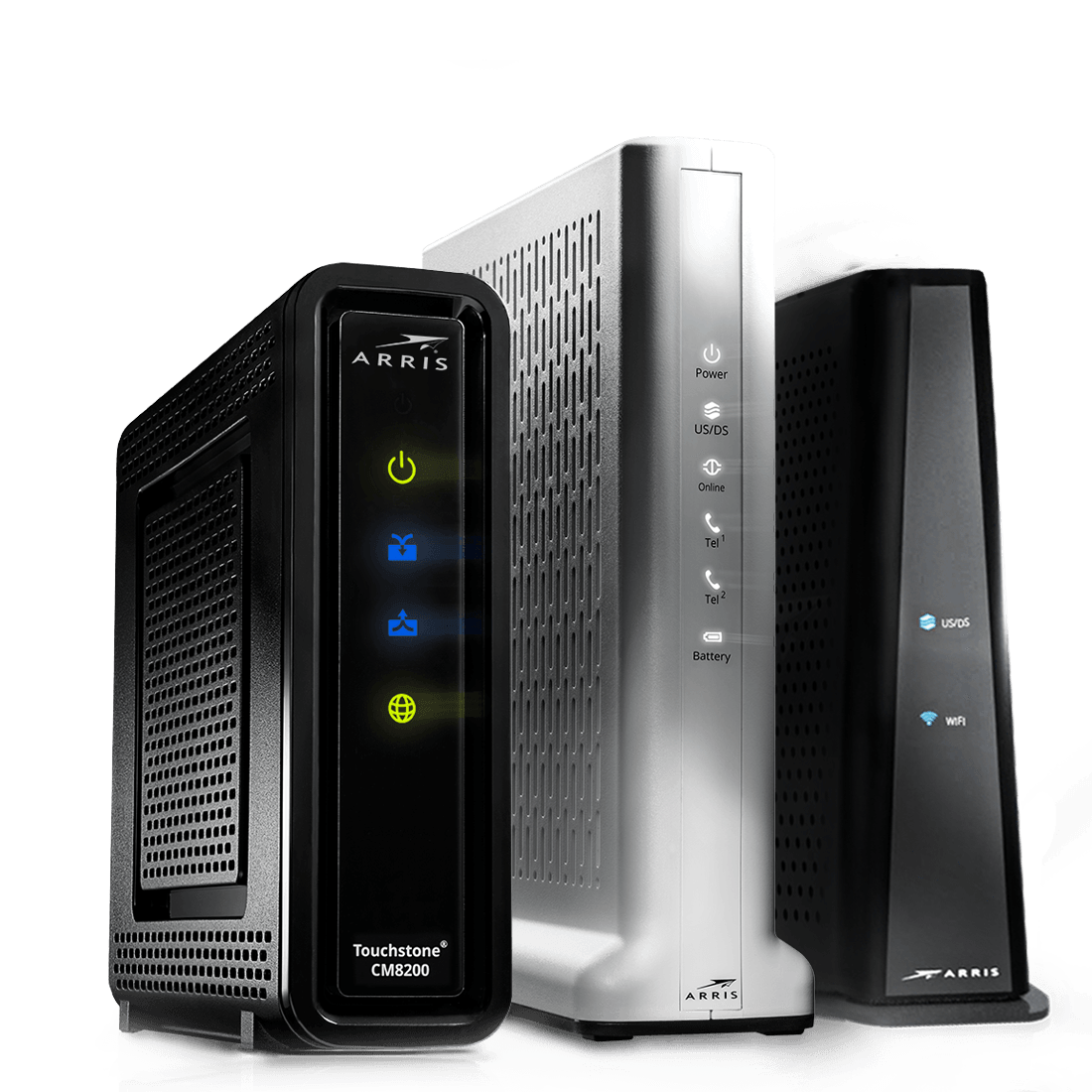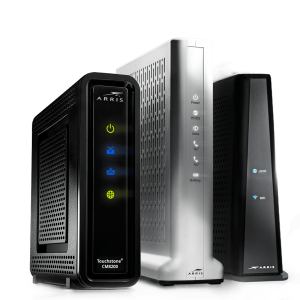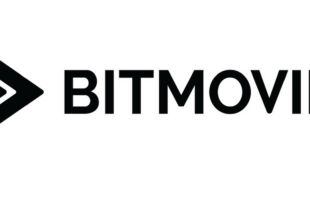

ARRIS and NBN will bring DOCSIS 3.1 to three million premises in major Australian cities by 2020. The evolution of DOCSIS and the HFC network provides a cost-effective way to scale the expansive broadband network. The ARRIS technology solutions offer an evolutionary framework to serve Australia’s growing connectivity needs. The solutions double the network’s capacity today while enabling multi-gigabit, Full Duplex DOCSIS and advanced network innovation for future decades.
With NBN selecting ARRIS for its DOCSIS 3.1 expertise, ARRIS is one of the standard’s primary authors and continues to guide its development. Additionally, ARRIS is a leader in deploying DOCSIS 3.1 networks around the world. ARRIS and NBN have also successfully collaborated to deploy the broadband access network’s existing DOCSIS 3.0 HFC cable infrastructure, giving ARRIS a unique understanding of the provider’s network.
“NBN has worked hard on the introduction of DOCSIS 3.1 onto the HFC network and we are very proud to be able to launch the technology onto the network with our HFC technology partner ARRIS,” said Ray Owen, Chief Technology Officer at NBN. “This is another example of NBN using world-leading technology to deliver a better experience for Australians on the broadband access network. DOCSIS 3.1 will not only double the capacity of the NBN HFC network, but it will also help us deliver a more stable and resilient service for end-users with the advanced technologies that it uses.”
“We’ve partnered closely with NBN to reach its goal of achieving universal connectivity through a scalable network architecture. The launch of its DOCSIS 3.1 initiative is an important milestone that will benefit all end-users on the network,” said Dan Whalen, President, Network & Cloud, ARRIS. “Our collaboration continues to demonstrate that HFC has a strong future. The DOCSIS 3.1 upgrade underscores the network’s extensibility in meeting today’s demand for additional capacity and new services. We will work with NBN to leverage this advanced network infrastructure to enable Australia’s digital future.”
ARRIS Network technology, Consumer Premises Equipment (CPE) and Global Services underpin every component of this important deployment. In addition to doubling network capacity, the configuration enables NBN to immediately leverage new network efficiencies, lowering operational costs, enabling capacity expansion by software activation and increasing throughput on each node to an impressive 3.3Gbps.
ARRIS technology powering the network includes:
- E6000 Gen 2 Platform: the world’s most widely deployed CCAP platform, delivering market leading density and throughput without consuming additional rack space
- OM4100 OptiMax – 4×4 segmentable nodes: scalable and upgradeable optical modules that extend the edges of the fiber network without requiring additional infrastructure at the plant
- ServAssure NXT – management platform: the system that provides visibility across the entire service environment to anticipate and resolve issues before they impact the consumer experience
- ARRIS CM8200B – DOCSIS 3.1 cable modems: the DOCSIS 3.1 link in subscribers’ homes that enables a new level of reliability, stability and quality of service, especially in high-demand areas at peak times
- Global Services – Supporting the planning, designing, implementation and operation of the network and business processes
The National Broadband Network was established in 2009 to design, build and operate Australia’s wholesale broadband access network. Underpinned by a purpose to connect Australia and bridge the digital divide, the network’s key objective is to ensure all Australians have access to fast broadband as soon as possible, at affordable prices, and at least cost.
To achieve this objective, NBN has been structured as a wholesale-only, open-access broadband network. NBN provides services on its local access network on equivalent terms to retail phone and internet providers, to provision for end-user needs. This is intended to level the playing field in Australian telecommunications, creating real and vibrant competition within the industry and providing choice for consumers.









